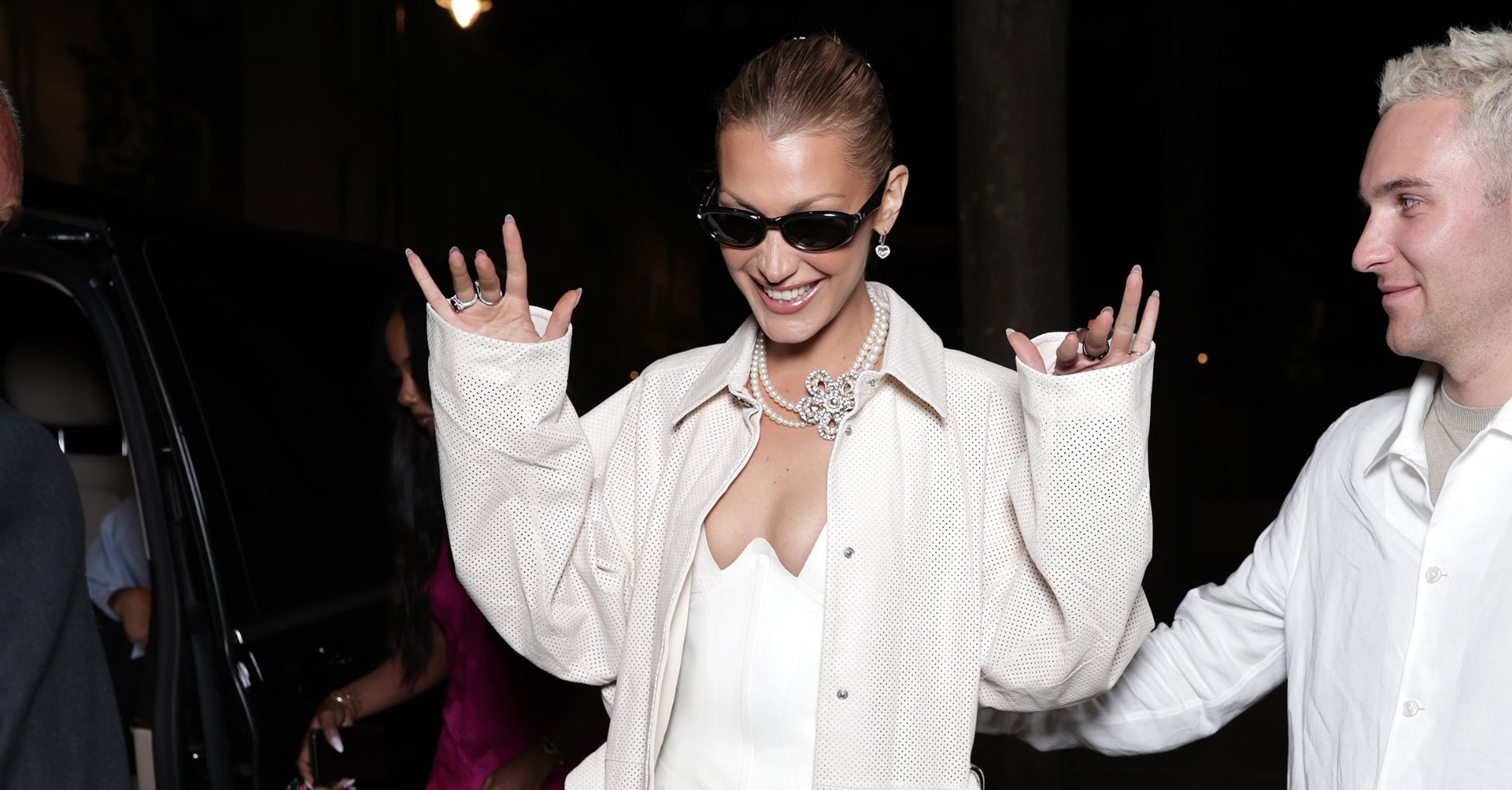World Down Syndrome Day: They're Not Always 'Happy'!
Every year, the United Nations marks March 21 as World Down Syndrome Day to increase awareness about the condition and support early intervention initiatives. The Global Down Syndrome Foundation estimates that Down syndrome affects almost 6 million people worldwide.
There is a common misconception that people with Down syndrome, also called Down's syndrome, are always happy and they lack full range of emotions. Research and personal experience contradict this common belief. Like everyone else, they go through a full range of emotions including happiness, love, frustration, sadness and anxiety. However, their emotional needs and expressions may differ, which requires better understanding and support from caregivers, educations and society at large.
People with Down syndrome could have friendly and loving personalities, but assuming that they lack emotional complexity could cause one to discount their real emotions. There is another myth that they cannot create close emotional bonds or grasp relationships. Actually, they are capable of close relationships, empathy, and solid friendships with people around them.
Most Down Syndrome patients employ verbal and non-verbal means of emotional expression. Recognising those means and equipping them with proper tools — like guided conversation or pictorial means — will assist them in expressing themselves emotionally in a better manner.
: As with everyone else, they prosper if they feel a sense of belonging. Facilitating friendships, peer relationships, and group participation provides them with a self-confidence and emotional strength-acquiring experience.
Disruption of usual routines, misunderstandings with social relationships, or sensory problems might result in distress. Reducing anxiety and emotional concerns is encouraged by supportive environments, structured routines, and interaction.
Instead of dismissing their worries, validating their emotions and reacting calmly can provide them with a sense of security and trust.
Speech therapy, occupational therapy and socio-emotional learning (SEL) can aid communication and emotional control. Music therapy and art therapy are fun stress-reducing forms of expression.
Providing choices and decision-making enables a significant role in building confidence and self-identification. Dance, storytelling, or even routine daily activities give those means to express themselves meaningfully.
To have true inclusion, we need to pay attention to emotional well-being as much as to education and health care. Workplaces and schools need to create spaces that support emotional understanding, and families and caregivers need to advocate for the emotional needs of their loved ones. Positive representation in the media and public discourse is also necessary to shift ancient assumptions and solidify greater acceptance.
It is crucial to identify and fulfill the emotional needs of Down syndrome individuals in order to construct a caring and inclusive society. They need to receive the same emotional support, care, and opportunities as the general population. By accepting their feelings, creating caring environments, and eliminating myths, we can allow them to live emotionally healthy and happy lives. Inclusion is truly realised when we understand that emotional well-being is a human right for all, irrespective of their abilities.
Dr. Gowri Ravi Chinthalapalli is Consultant - Child Development, Aster CMI Hospital, Bangalore.







